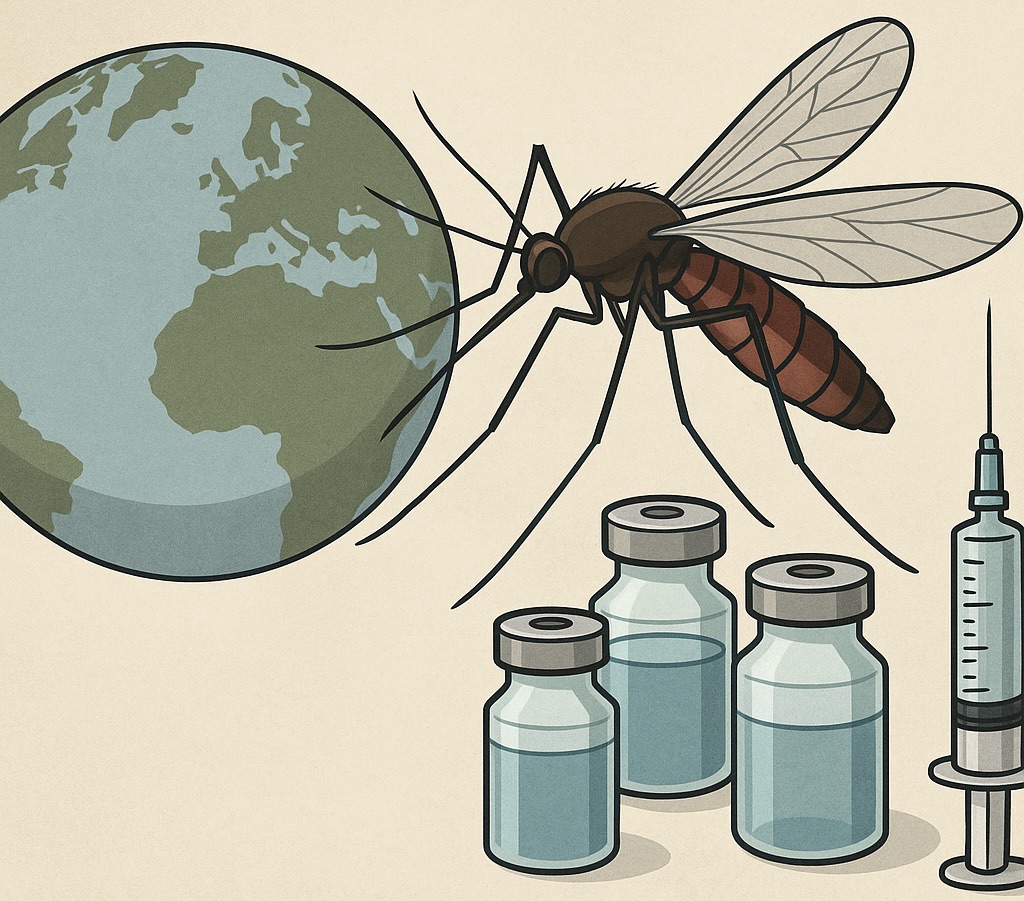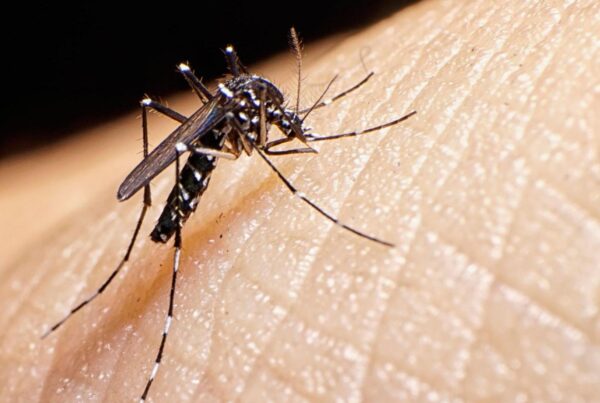Global health once again took center stage on August 21, 2025. From Europe to the United States, a series of urgent issues emerged—ranging from vector-borne disease outbreaks to groundbreaking vaccine collaborations, and even political controversies over public health information. These developments show that today’s global health challenges are not only about fighting viruses but also about managing policies and narratives.
Surge of Suitcase Viruses in Europe
Europe has recorded unprecedented outbreaks of mosquito-borne diseases, now commonly referred to as suitcase viruses. According to the European Centre for Disease Prevention and Control (ECDC), infections such as chikungunya, dengue, malaria, and West Nile Virus have surged across 16 countries.
Latest figures reveal 27 chikungunya outbreaks in 2025, the highest ever recorded. The mosquito Aedes albopictus, the main vector, has spread to 369 regions, a massive increase from just 114 a decade ago (ECDC).
In addition, 335 cases of West Nile Virus have been reported, with 19 fatalities across eight countries—marking the largest outbreak in three years. Climate change is driving longer transmission seasons, intensifying the risk. Experts urge travelers to use insect repellents, wear protective clothing, and seek medical advice after trips (MedicalXpress).
SK bioscience and Gates Foundation Expand Collaboration
Positive news comes from South Korea, where SK bioscience announced a strengthened partnership with the Gates Foundation. The collaboration focuses on developing next-generation vaccines for infectious diseases and improving access in low-income countries.
The agreement was reached on August 20, 2025, in Seoul during Bill Gates’ visit. Key executives from SK, including Andrew Chey and CEO Ahn Jae-yong, attended the meeting. Since 2013, this partnership has delivered impactful projects, such as the development of typhoid and pediatric diarrhea vaccines, and SKYCovione, Korea’s first domestically produced COVID-19 vaccine launched in 2022 (JoongAng Daily).
This expanded collaboration is expected to accelerate pandemic preparedness while ensuring equitable vaccine distribution worldwide.
RFK Jr. Faces Backlash from 750 Health Workers
Meanwhile, in the United States, more than 750 active and retired staff members from the Department of Health and Human Services (HHS) signed an open letter addressed to Health Secretary Robert F. Kennedy Jr. (RFK Jr.). They demanded he stop spreading inaccurate and divisive health information.
The letter followed the August 8 CDC shooting in Atlanta, which heightened safety concerns among health professionals. The signatories called for new emergency protocols, removal of ideological watchlists, and a renewed commitment to science-based communication (Al Jazeera).
The controversy underscores the importance of accurate information in public health. In today’s digital era, misinformation can erode trust and even escalate into threats against health workers.
Conclusion
The latest global health developments highlight three interconnected dimensions: the rise of dangerous vector-borne diseases in Europe, international vaccine innovation, and the political battle over accurate health information.
Europe is facing a new reality with suitcase viruses spreading across its borders. At the same time, SK bioscience’s strengthened alliance with the Gates Foundation offers hope for better preparedness against future pandemics. In the US, however, the controversy surrounding RFK Jr. shows that misinformation remains one of the biggest threats to public trust in health.
Together, these stories remind us that solving health crises requires more than just scientists and doctors—it demands cross-sector collaboration, public awareness, and accurate communication.






